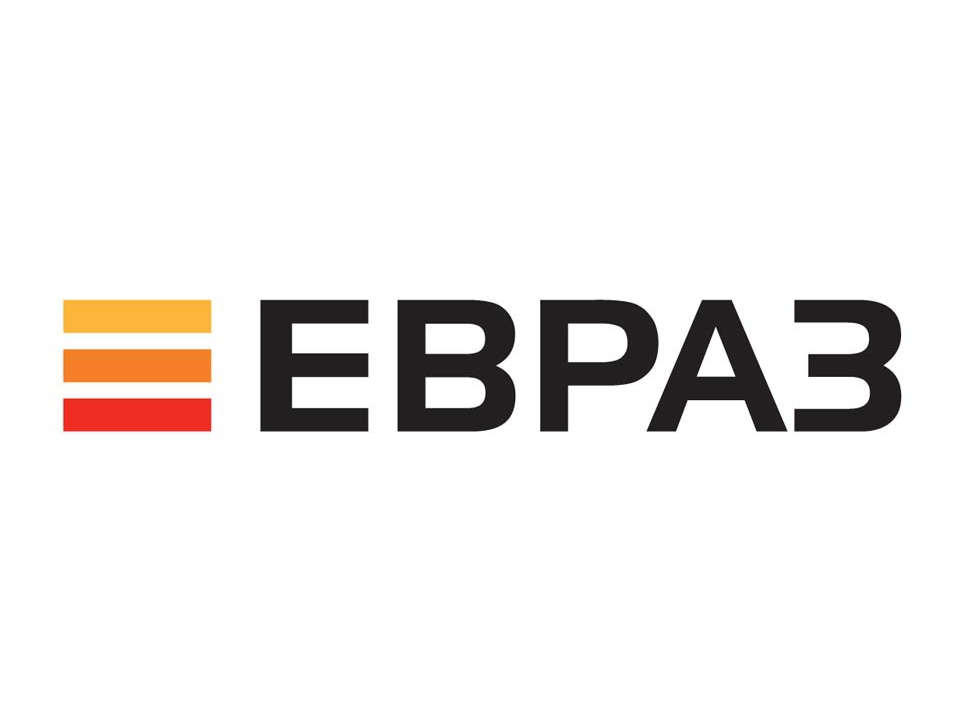News
EVRAZ expects annual savings of US$12 million from new projects based on advanced analytics

EVRAZ plc (LSE: EVR) started piloting smart adviser systems at six production sites. They were developed within the comprehensive programme Advanced Analytics implemented together with BCG (The Boston Consulting Group). The programme is expected to annually generate US$12 million in savings.
Advanced analytics is a trend in digitalisation, based on solutions involving machine learning and other artificial intelligence elements. Statistical models are used to analyse data collected from the operated equipment to develop recommendations on fine-tuning the production cycle to enhance efficiency, optimize costs, improve quality, and reduce idle time.
EVRAZ implemented smart adviser systems within three business divisions – Urals, Siberia, and Coal:
· Dynamic ore concentration management at EVRAZ KGOK enables stabilising the quality of iron ore concentrate and helps maximise the plant’s output. A digital system collects data on properties of ores coming in from various pits and determines the best proportions and parameters for their processing.
· Optimisation of loading parameters at EVRAZ NTMK’s coking plant is needed to efficiently utilise coal from the Group’s mining assets (NTMK has increased the share of internally produced coal in the charge from 48 percent in mid-2018 to 90 percent in mid-2020). Based on three years’ worth of data, the system enables maximising the share of internally produced coal while maintaining the high quality of coke.
· Optimise extra-furnace processing and ladling in the electric steel-making shop at EVRAZ ZSMK to minimise non-metallic impurities in rail products. The digital adviser will be prompting operator’s interventions at two key value-adding stages - when metal is in the ladle furnace and in the vacuum degasser.
· Dynamic processing at Abagur ore processing plant will help increase production of secondary concentrate thanks to reducing waste during processing. The system will prompt mill operators to interfere in an optimum way.
· Advanced analytics for the operational control management centre at Raspadksiy Open Pit enables real-time decision making to minimise waste during production, reduce idle time, and improve capacity utilisation rate.
· Dynamic ore processing management at Raspadskaya ore processing plant is now at the first implementation stage, providing timely updates on deviations in the production process and enabling prompt response. At the second stage, the system will be prompting process adjustments to increase output and improve quality.
‘EVRAZ started a systemic digital transformation journey in 2017. We have focused on five priority technologies and use them as a foundation for all new projects: advanced analytics, expert systems, mobile solutions, electronic document flow, and video analytics. In 2020, we prioritised advanced analytics-based solutions’, - said Artem Natrusov, EVRAZ Vice President, Information Technologies. – ‘The company has already implemented similar projects, such as the scenario-based end-to-end production planning framework, or ‘digital twin’, which we launched at EVRAZ ZSMK and which brings about RUB 600 million annually in savings. The Advanced Analytics programme we developed together with BCG enabled us to create a foundation to use the technology independently. We see a lot of potential there: advanced analytics can be used in projects of any scope, spanning from one production shop to the whole supply chain, and ensures a fast return on the investments made.’
‘BCG has a wealth of experience in implementing advanced analytics projects, including in the steel and mining industry, and each case has been unique in a way. What is special about EVRAZ is the direct and active involvement of the management who see the real value of advanced analytics for the business’, – commented Mikhail Volkov, Managing director and Partner, BCG Russia. – ‘The solutions selected by EVRAZ will pay back within a year while improving production efficiency by several percentage points, depending on the particular area, which translates into millions saved for the business. This could be a good starting point to continue implementation of digital tools, but their success will largely depend on adjusting business processes to the new technologies and training personnel in digital skills.’



